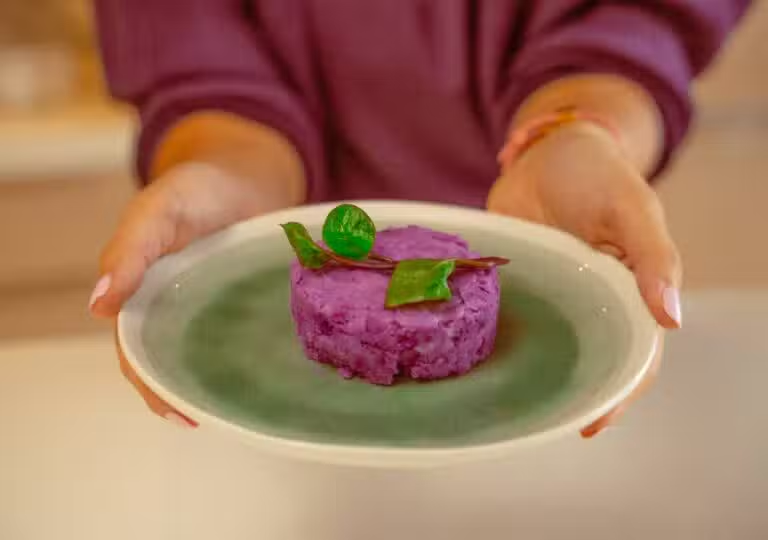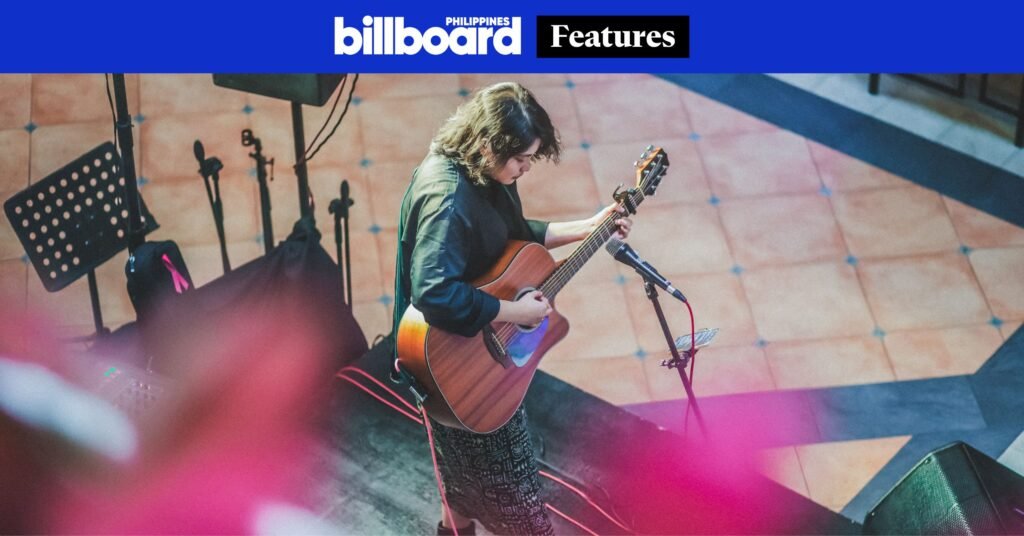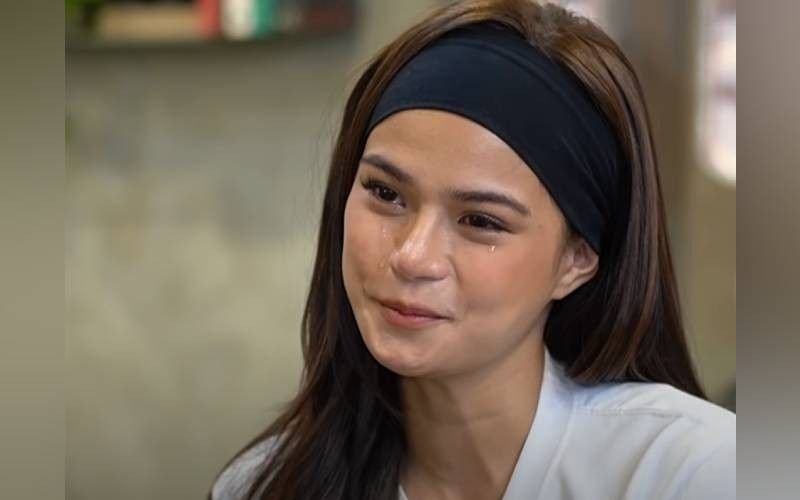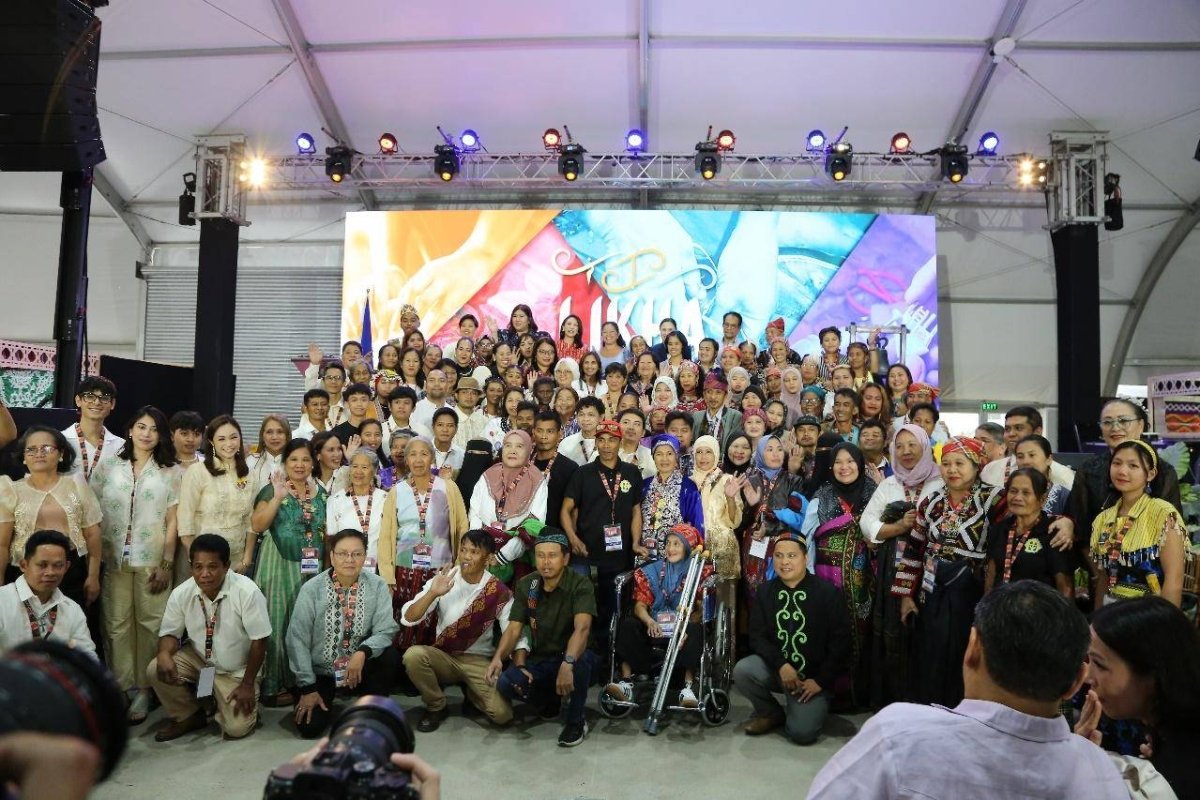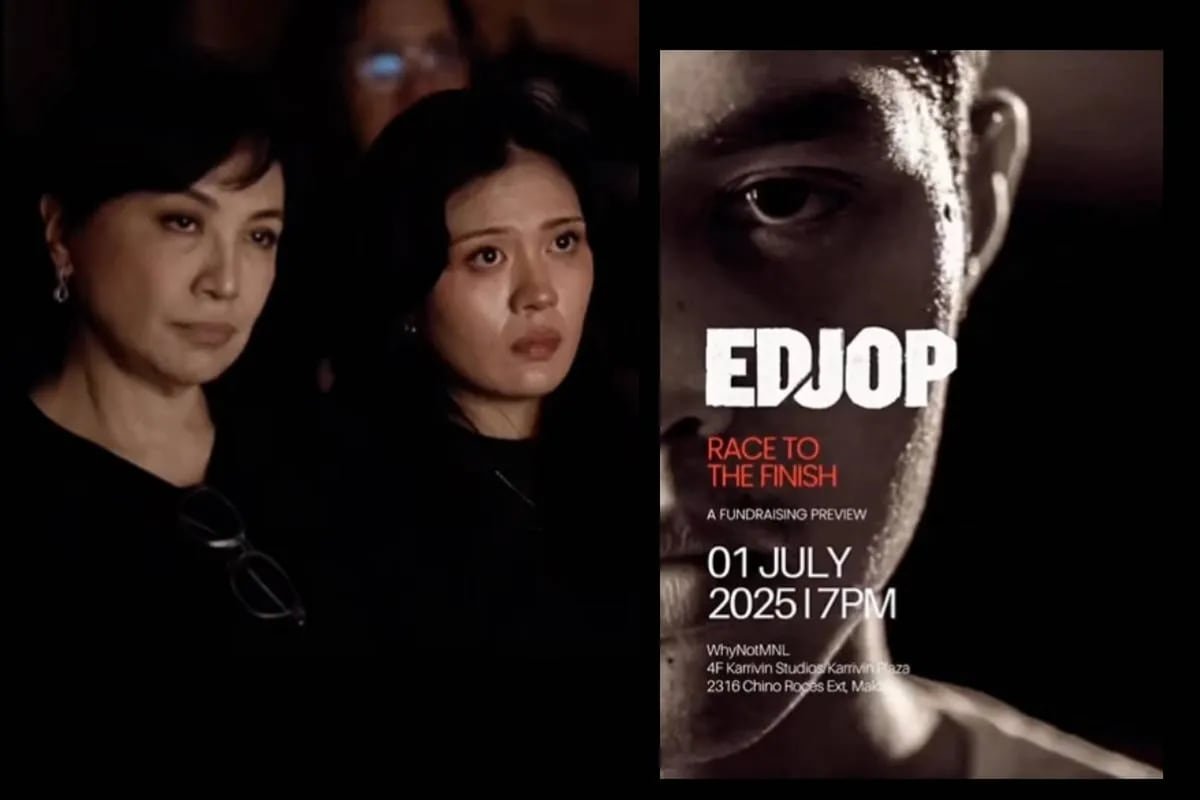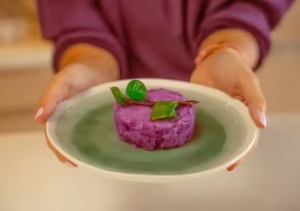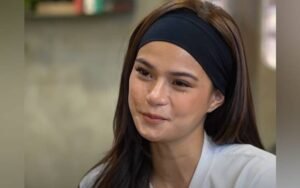To many Filipinos, Original Pilipino Music, or OPM, is more than a genre — especially with its presence as the cultural lifeblood of the Filipino people.
Throughout several years, OPM has been rooted in the language, stories, and soul of the Philippines, having reflected the country’s joys, struggles, aspirations, and identity. From the period of the kundiman and haranas to the modern soundscapes of indie rock, hip-hop, and folk-pop of today, Filipino music continues to evolve while remaining deeply personal and profoundly national. Because even in a world saturated by global content, OPM offers a familiar voice that resonates with Filipinos at home and abroad.

Courtesy of OPM.
Despite its undeniable presence within Filipino communities, the growth and preservation of OPM wouldn’t have been possible without the conservation efforts of dedicated cultural workers and institutions. Among the most pivotal is the Organisasyon ng mga Pilipinong Mang-aawit (OPM), which was established in 1986 as a non-stock, non-profit organization dedicated to the protection and promotion of Filipino music and the welfare of its creators.
Over the years, OPM has championed fair compensation for artists, fought against piracy, provided platforms for emerging talents, and cultivated respect for Filipino musical heritage. Through partnerships with both public and private sectors, it has played an instrumental role in keeping the OPM movement alive and thriving.
As a direct response to the growing need to institutionalize this advocacy, OPM, in collaboration with the National Commission for Culture and the Arts (NCCA) and other key partners, helped pave the way for Linggo ng Musikang Pilipino (Week of Filipino Music). Now in its 11th year, this national celebration stands as a testament to the enduring power of OPM and the tireless work of those who believe in its cultural value. In tracing the story of LMP, we are also tracing the story of Filipino music — recognizing its past, its present, and the many songs that have yet to be sung.

Courtesy of OPM.
During its early days, the seeds of LMP were sown in a climate of cultural awakening and national pride. On December 19, 2014, then-President Benigno S. Aquino III signed Proclamation No. 933, which declared the last week of July each year as Linggo ng Musikang Pilipino. The proclamation then tasked the NCCA to spearhead its implementation, with support from various government, cultural, and media entities, both in promoting awareness and appreciation of Filipino music and in encouraging the creation, performance, and consumption of OPM.
Even if the Philippines had long mandated support for OPM through initiatives such as Executive Order 255 (1987) (which required all radio stations to air at least four OPM songs every hour) LMP took things further, creating a focal celebration that brought together artists, communities, and institutions around a shared cultural mission.

Courtesy of OPM.

Courtesy of OPM.
The inaugural celebration of LMP took place in July 2015 and featured a mix of free concerts, artist talks, and collaborative performances across Metro Manila. With OPM and PhilPop Foundation as key partners, LMP’s early years were marked by a grassroots spirit, ranging from open-mic nights in local bars to busking sessions in train stations. Because even at its early stages, LMP’s celebrations over the year have emphasized on the aspects of inclusivity and diversity, especially inviting independent, regional, and indigenous musicians to share the stage with mainstream artists.
However, like many other events, the COVID-19 pandemic forced a global rethinking of how art and performance could survive. For LMP, it meant an adjustment period of pivoting towards online platforms as part of the new normal.
The 2020 and 2021 editions shifted entirely to digital, with the use of pre-recorded performances (aptly titled “Digigigs”), Facebook livestreams, virtual songwriting workshops, and performances hosted on Kumu, YouTube, and other streaming platforms. This transformation was led by organizations like NCCA, OPM, and Tandem Collective, and gave birth to what some called “the first fully digital music festival in the Philippines.”

Courtesy of OPM.

Courtesy of OPM.
Despite the digital medium, the organization pushed through in hosting virtual workshops with renowned musicians like Ryan Cayabyab and Ebe Dancel that focused on songwriting, industry survival, and the digital shift, while there were even webinars on the economics of music, mental health for artists, and the role of OPM in social change.
Even if the pandemic disrupted traditional modes of celebration, it also broadened access and deepened participation. From Luzon to Mindanao, more Filipinos could now join the festivities, no longer limited by geography.
As the pandemic eventually eased, the year 2024 marked a major milestone for the organization, serving as the 10th anniversary of LMP. What was once a week-long event transformed into a month-long cultural showcase, spreading across various cities and online spaces. Anchored by the theme “Balik-Tinig, Balik-Tugtog,” last year’s edition of the festival emphasized going “back to basics” — bringing the spotlight to the music itself, and not just the industry surrounding it.
Several events took place all across the Metro, with various events and concerts spotlighting Filipino acts of all genres. Whether you were at the Kubo Bar in Quezon City, the Power Plant Mall in Makati, or even at the Marikina Riverbanks, there were a plethora of activations that allowed talent to shine all across.
Yet beyond the spectacle of performance, a number of talks and industry panels in partnership with FILSCAP, PhilPop, and university music programs also took place, giving more spotlight to the organizations’ renewed focus on original compositions, with an ample amount of songwriting contests and demo listening sessions for emerging artists to partake in.

Courtesy of OPM.

Courtesy of OPM.
Now in its 11th year, this year’s LMP is more ambitious and inclusive than ever before, with more performances, more venues, and more ways for musicians to grow, connect, and be heard. Once again running from July 1 to August 1, the month-long event blends the old and new, physical and digital, mainstream and indie.
Rather than simply showcasing music, LMP aims to build a stronger community that bridges generations and genres and uplifts both mainstream and independent voices. Beyond the performances from the artists, this year’s celebration offers valuable learning opportunities through music talks. In partnership with FILSCAP, these include panel discussions and lectures on songwriting, music production, licensing and publishing, as well as music recording and arrangement.
It truly begins at the grassroots level, with a strong focus on education as the foundation for sustainable growth in the Filipino music community. Oe can have the talent in music, anyone can sing, play an instrument, write lyrics, or produce music — but being able to tap into a niche and build an audience is a whole other playing field.
These sessions are designed to nurture the next generation of music-makers. By offering insights straight from the industry’s key players, they help aspiring artists and musicians navigate the path toward sustainable careers and meaningful connections.
This celebration reminds us of the clear goal to cultivate the current growth of Filipino music and pave the way for its future. While the performances give artists and musicians a platform to be seen and heard, the music talks foster a sense of community — bringing together creatives and professionals in the music industry to exchange ideas, inspire one another, and collectively strengthen the landscape of OPM.

Courtesy of OPM.
At its heart, LMP is more than just a music event. It is a declaration of cultural identity, a platform for creative empowerment, and a reminder of what makes OPM so enduringly powerful. As Filipino music continues to thrive in modern times, more artists, musicians, songwriters, and industry professionals are eager to showcase the richness of Filipino talent both locally and internationally.
Even as LMP enters its second decade, its next challenge is to sustain momentum — given that in an era of streaming, AI (artificial intelligence) music, and short attention spans, one wonders, how do you keep a nation listening?
For OPM, the answer still lies in authenticity and adaptability — values that have defined the Filipino spirit for generations. Whether through a humble acoustic gig in a sari-sari store or a viral livestream watched by millions, both OPM and LMP continue to tell our story. Because as long as there are Filipinos who sing, write, and listen with heart, LMP will remain a celebration worth holding on to.
